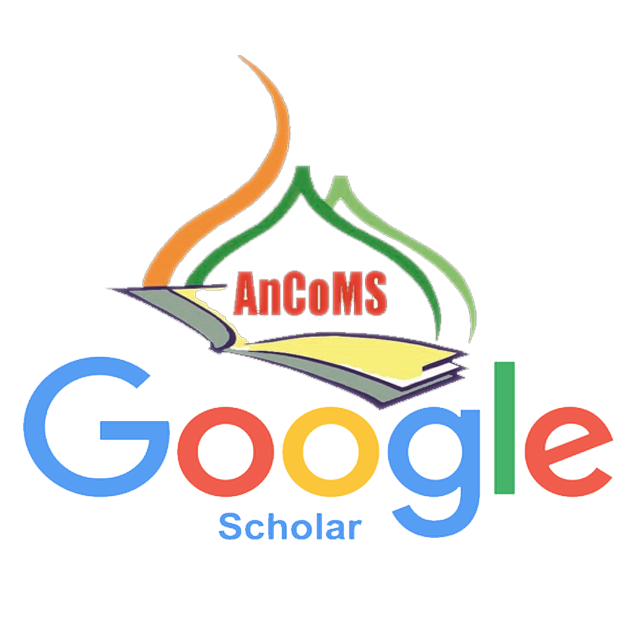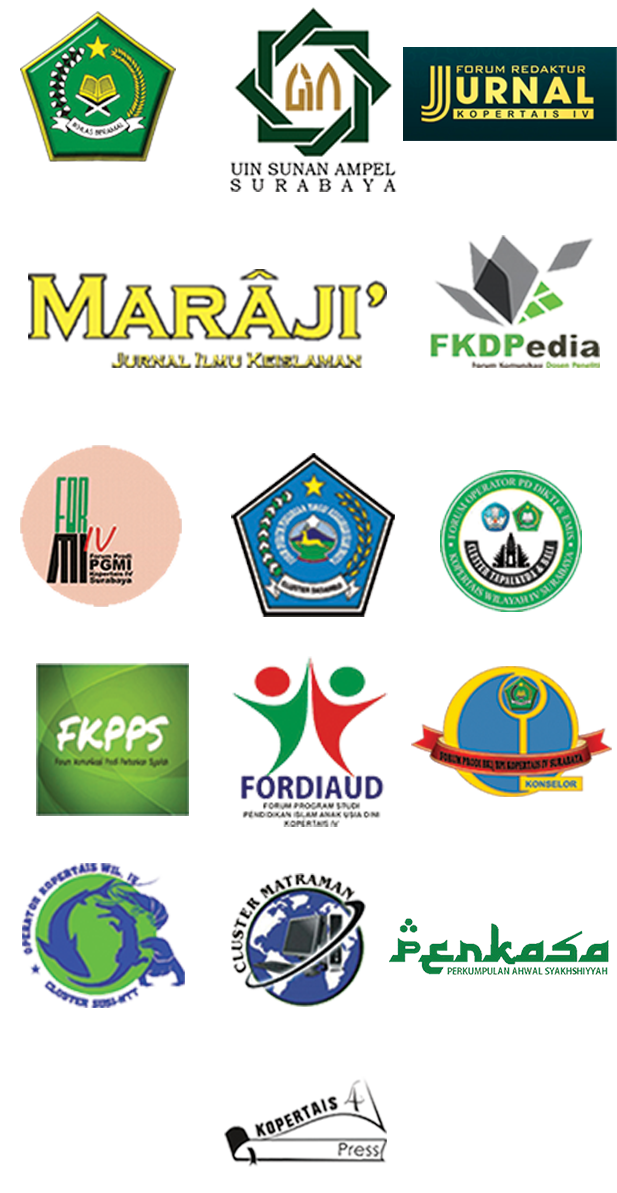Diskursus Ngapak Wayang Santri
Internalisasi Agama dan Politik Lokal di Kabupaten Tegal
Abstract
Wayang Santri are one of the types of puppets who initiated by Ki Enthus Susmono. Wayang santri consists of plays played by wayang golek. In the stage, Wayang Santri always show the themes of Islamic teachings to explore the local problems and pack them in speech ‘ngapak’ language. One of the typical utterances in the puppet performance is the ‘ana landa endase ireng’. The term is initially a medium of communication with the audience to always be alert to colonialism committed by Indonesian citizens. It found its political significance in 2013, when Ki Enthus Susmono became a candidate for Tegal Regent. It became a political style representing itself as a candidate for bupati who sided with the people. Messages delivered through langgam ‘ana landa endase ireng’ able to present the figure of Ki Enthus as a candidate for Regent anti-colonial and deliver Ki Enthus As the Regent Selected 2013-2018. This article will explain the meaning of ngapak language in wayang santri associated with the Election of Tegal Regent.
Downloads
References
CR, Otto Sukatno. (2002). Seks Para Pangeran: Tradisi dan Ritualisasi Hedonisme Jawa, Yogyakarta ; Bentang Budaya.
Dhofier, Zamakhsyari,. (1983). Tradisi Pesantren Studi tentang Pandangan Hidup Kyai, Jakarta; LP3ES.
Moesa, Ali Maschan. (1999). Kiai dan Politik dalam Wacana Civil Society, Surabaya, LEPKISS.
Soetarno,. (2004). Wayang Kulit: Perubahan Makna Ritual dan Hiburan, Surakarta; STSI Press.
Turmudi, Endang. (2004). Perselingkuhan Kiai dan Kekuasaan, Jogjakarta; LkiS.
https://jatengprov.go.id/beritadaerah/akhirnya-pemkab-tegal-terima-opini-wtp-bpk-ri/









